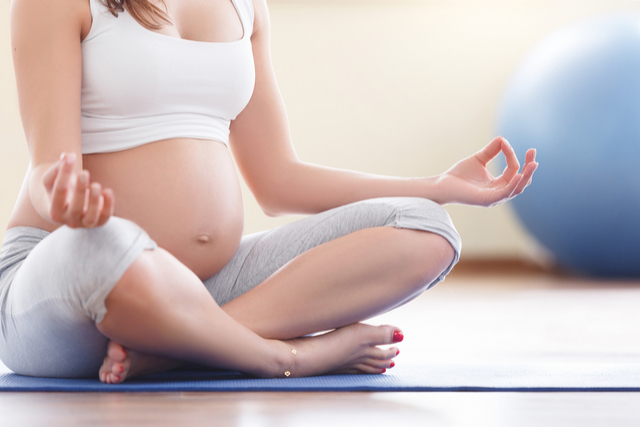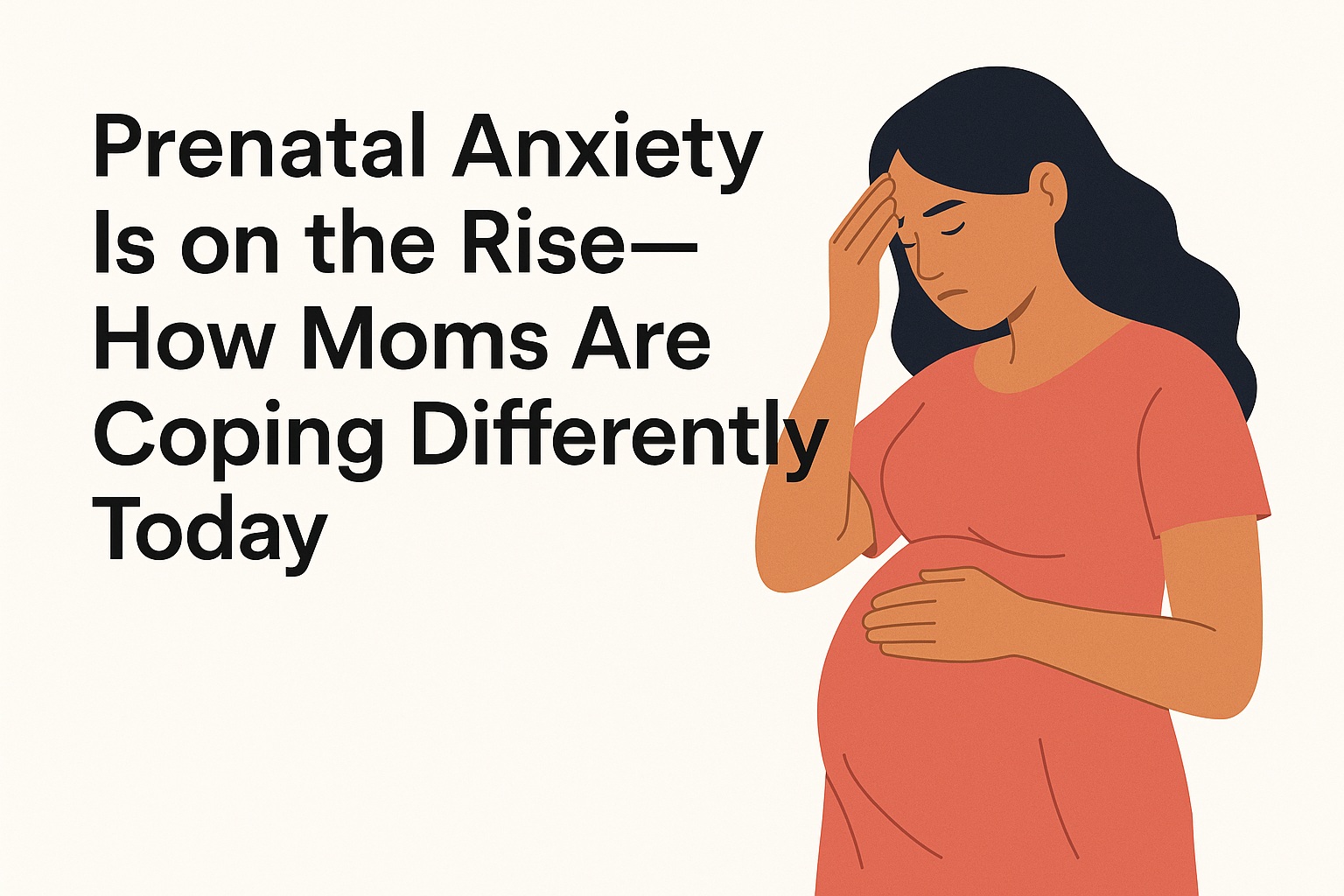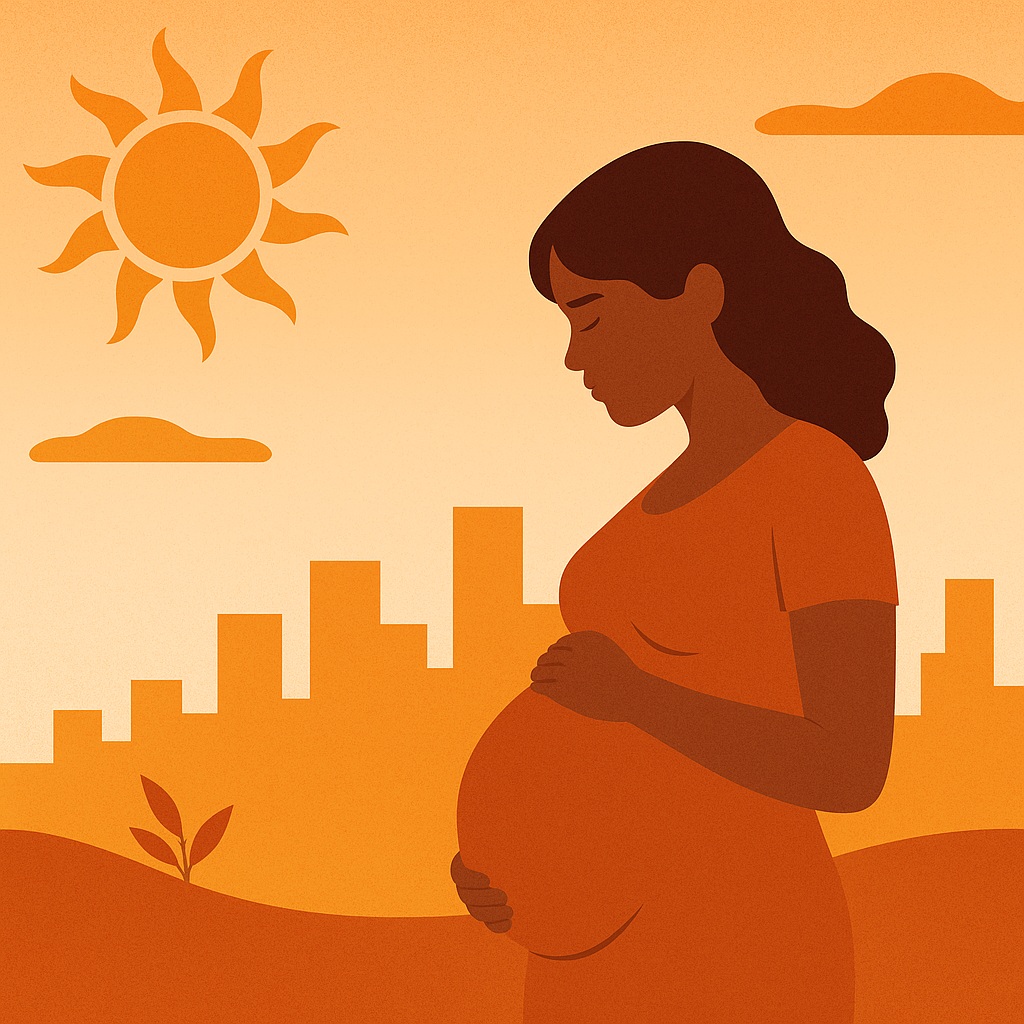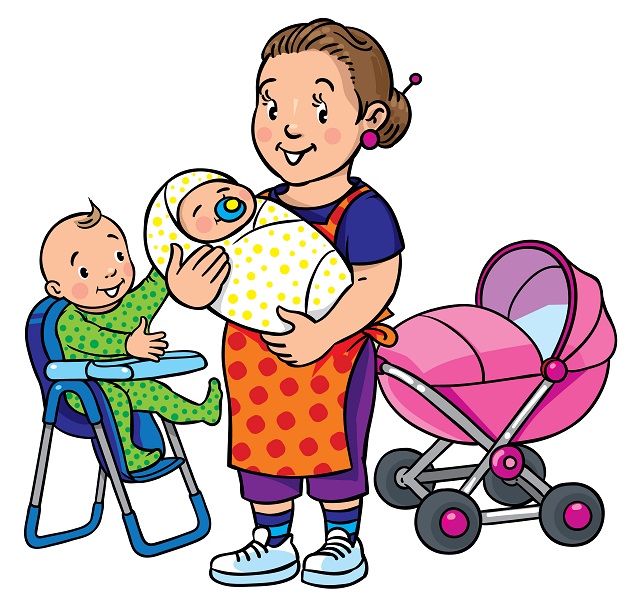Maternity Leave and Workplace Rights in Singapore: What Pregnant Women Should Know
Pregnancy is an exciting journey, but it also comes with concerns about workplace rights and maternity leave. Understanding these rights ensures that expectant mothers can focus on their well-being and prepare for their new arrival without unnecessary stress. This article covers key aspects of maternity leave policies, workplace protections, and how to navigate these rights effectively in Singapore.
Understanding Maternity Leave Policies in Singapore
- In Singapore, maternity leave is governed by the Employment Act and the Child Development Co-Savings Act (CDCA), offering protections and benefits to working mothers. Here are some key considerations:
- Paid Maternity Leave: Eligible working mothers are entitled to 16 weeks of paid maternity leave if their child is a Singapore citizen and they have worked for their employer for at least three months before childbirth.
- Unpaid Leave: Some employers may offer additional unpaid leave beyond the statutory requirement.
- Leave Duration: For mothers who do not meet the CDCA criteria (e.g., their child is not a Singapore citizen), they are entitled to 12 weeks of maternity leave under the Employment Act.
- Employer-Specific Policies: Some companies provide enhanced maternity benefits beyond the legal requirements.
- Eligibility Requirements: To qualify for government-paid maternity leave, mothers must be legally married at the time of conception and meet the minimum employment tenure.
Workplace Protections for Pregnant Women in Singapore
- Singaporean labor laws protect pregnant employees from discrimination and ensure fair treatment in the workplace. Here’s what expectant mothers should know:
- Non-Discrimination: Employers cannot terminate or discriminate against employees due to pregnancy, childbirth, or related medical conditions.
- Reasonable Accommodations: Pregnant employees may request lighter duties, additional breaks, or flexible work arrangements.
- Protection from Dismissal: Under Singapore law, employers cannot dismiss a pregnant employee without just cause or excuse.
- Health and Safety Provisions: Workplaces must provide a safe environment that does not pose risks to the mother or unborn child, especially for jobs that involve physical strain or hazardous conditions.
Returning to Work After Maternity Leave
- Mothers returning to work in Singapore should be aware of their rights and options:
- Job Protection: Employers must reinstate employees to their previous role or an equivalent position with the same benefits and salary.
- Flexible Work Arrangements: The Tripartite Standards encourage companies to offer flexible work options for better work-life balance.
- Breastfeeding Rights: Under the Workplace Health and Safety guidelines, companies are encouraged to provide lactation rooms and suitable break times for breastfeeding mothers.
- Parental Leave Options: Fathers are entitled to two weeks of Government-Paid Paternity Leave, while Shared Parental Leave allows mothers to transfer up to four weeks of their maternity leave to their spouse.
Steps to Take Before Maternity Leave
- To ensure a smooth transition, pregnant employees in Singapore should:
- Review Company Policies: Understand the employer’s maternity leave policy and any additional benefits.
- Communicate with HR: Discuss leave plans with the human resources department and ensure compliance with government regulations.
- Plan Financially: Consider the impact of paid and unpaid leave on household finances.
- Prepare a Work Transition Plan: Arrange for workload handovers to ensure a smooth transition before and after leave.
- Know Your Rights: Familiarize yourself with Singapore’s labor laws and maternity protections.
Conclusion
Understanding maternity leave and workplace rights in Singapore empowers expectant mothers to make informed decisions. By knowing their entitlements and planning effectively, pregnant employees can enjoy a smoother transition into motherhood while maintaining their professional careers. If unsure about specific policies, seeking guidance from HR or government resources such as the Ministry of Manpower (MOM) can help clarify concerns and ensure compliance with labor laws.
Source of Information:
MOM: Maternity Leave Eligibility and Entitlement
It takes a village to raise a child !
Join our Facebook Group For 2025 SG Mummies or Facebook Group For 2026 SG Mummies
2024 SG Mummies Whatsapp Group by EDD Month or 2025 SG Mummies Whatsapp Group By EDD Month









